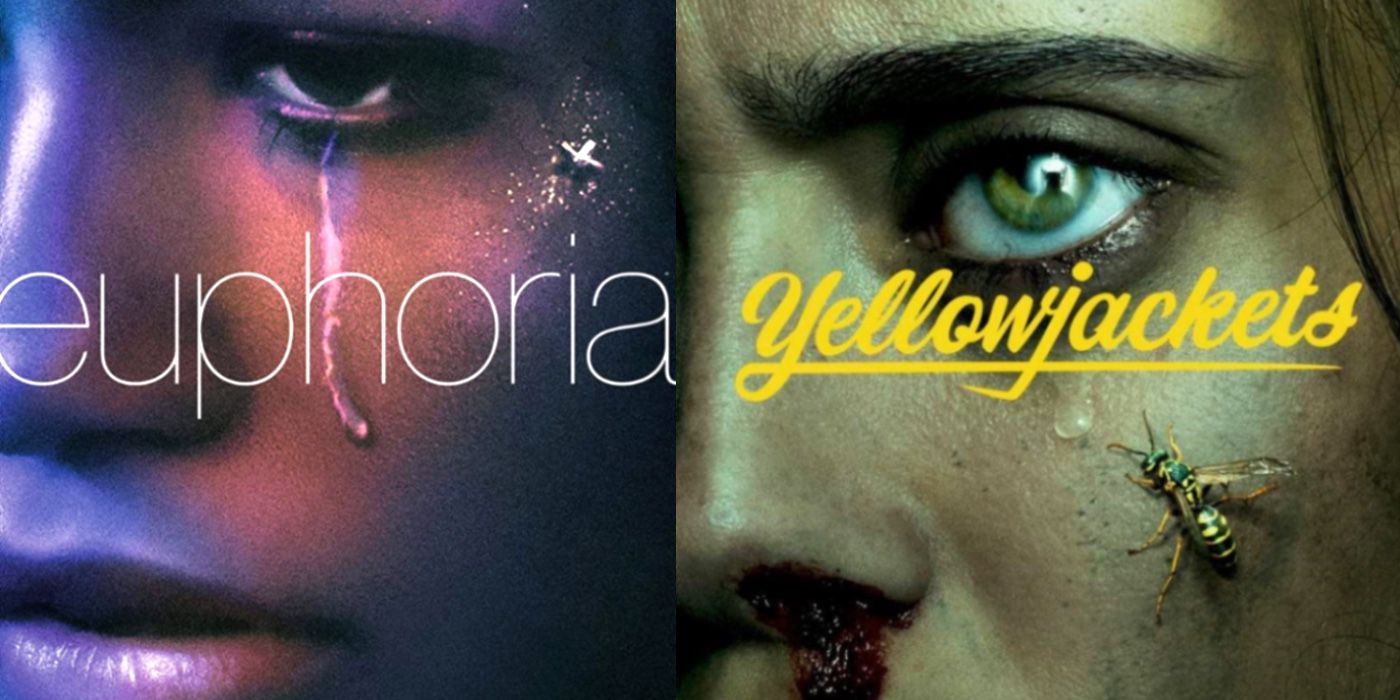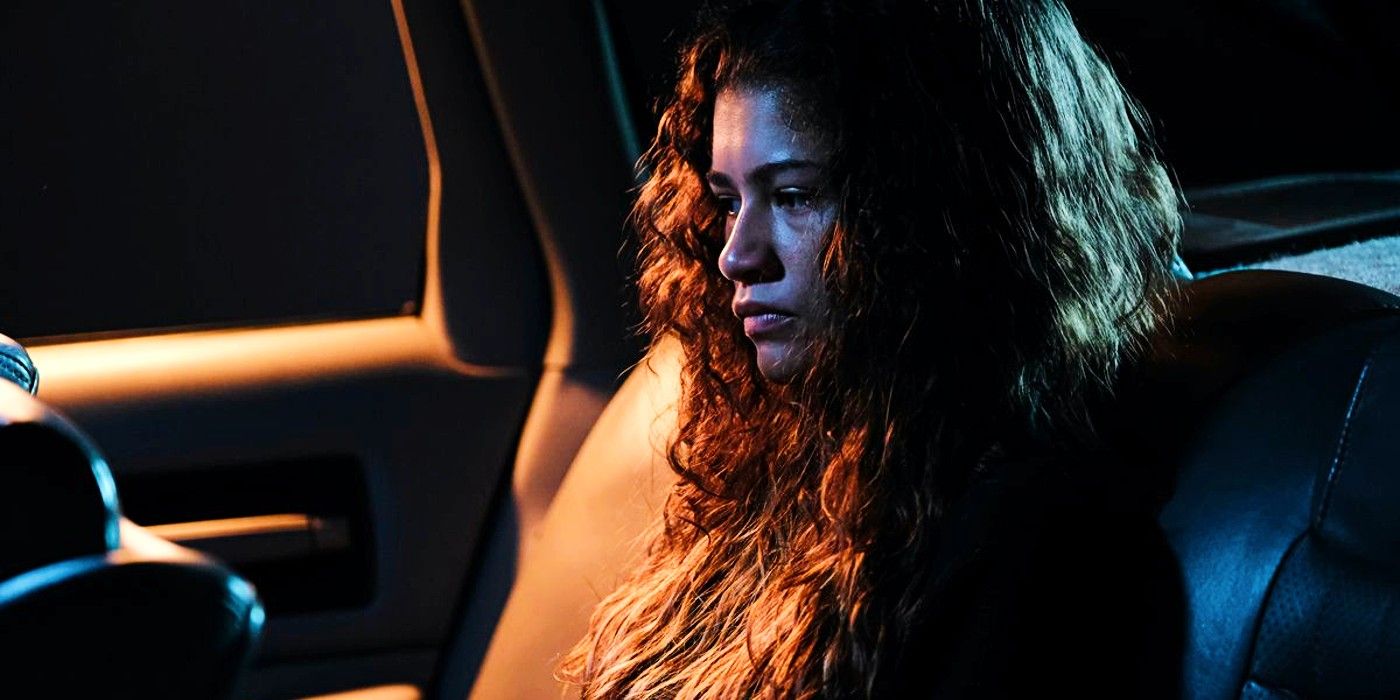Psychologists explain why intense shows like Euphoria and Yellowjackets are so popular. From creators Ashley Lyle and Bart Nickerson, Showtime's new hit series Yellowjackets follows its titular high school soccer team in two separate timelines, starting in 1996 as the girls are en route to a national tournament when their plane crashes deep in the Canadian wilderness where they are stranded for 19 months. Another timeline tracks the survivors' lives during the present day as they continue to cope with the trauma. Yellowjackets' ensemble cast includes Sophie Nélisse, Jasmin Savoy Brown, Sophie Thatcher, Sammi Hanratty, Melanie Lynskey, Tawny Cypress, Juliette Lewis, Christina Ricci, Ella Purnell, Steven Krueger, and Warren Kole.
Euphoria season 2 just returned on HBO earlier this month after a two-year break that saw the release of two special episodes produced at the beginning of the pandemic. The critically-acclaimed teen drama centers on Rue Bennett (Zendaya), a teenager struggling with drug addiction who falls for the new girl at school, Jules (Hunter Schafer). From the mind of creator and writer Sam Levinson, the show is rife with subplots that explore issues involving troubled teen relationships, identity, trauma, and sex. Euphoria also stars Maude Apatow, Angus Cloud, Eric Dane, Alexa Demie, Jacob Elordi, Barbie Ferreira, Sydney Sweeney, Colman Domingo, Austin Abrams, and Dominic Fike.
Now, in a new piece from The Huffington Post, psychologists explain why intense and emotionally charged shows like Euphoria and Yellowjackets are so popular among audiences, especially during a time when the pandemic has increased rates of death and substance abuse. One psychologist theorizes that Yellowjackets is so popular "because it explores the lengths people are willing to go to survive their situations,” within the safety of a fictional plot plotline. Read what a few psychologists had to say about the show's popularity below:
Sabrina Romanoff: Yellowjackets may be so popular right now because it explores the lengths people are willing to go to survive their situations. It may be soothing to see beloved characters placed in an analogous, while heightened, uncomfortable situation as viewers can subconsciously internalize that level of resiliency and strength they’re reviewing on-screen.
Timothy Schlairet: These types of shows offer us a safe environment in which we can anticipate the types of emotions that will be activated when watching; we’re also then more effective in how we respond to and manage these emotions. If desired, we can pause, turn away from the screen and process exactly what is happening. This differs from real life, specifically in that we cannot predict how often and the manner in which many situations will affect us emotionally.
Both shows are undoubtedly popular right now on their respective networks. A total of 1.3 million people watched Yellowjackets' season 1 finale, making it the second most streamed series on Showtime. Earlier this month, a series high 2.4 million viewers tuned into the Euphoria season 2 premiere. It's certainly not a new phenomenon that shows filled with trauma, violence, and shock value have been some of the most popular on television. Look no further than HBO's catalog of hits like Game of Thrones and The Sopranos, to AMC's Breaking Bad and The Walking Dead, or even Showtime's Dexter.
No matter the challenges life may throw at them, viewers will only find comfort in shows like Euphoria and Yellowjackets. According to psychologists, this desire is completely natural, and watching characters in similar situations can actually be a cathartic experience for viewers. However, it is always recommended to consume this media in moderation and avoid binge-watching.
Source: The Huffington Post


